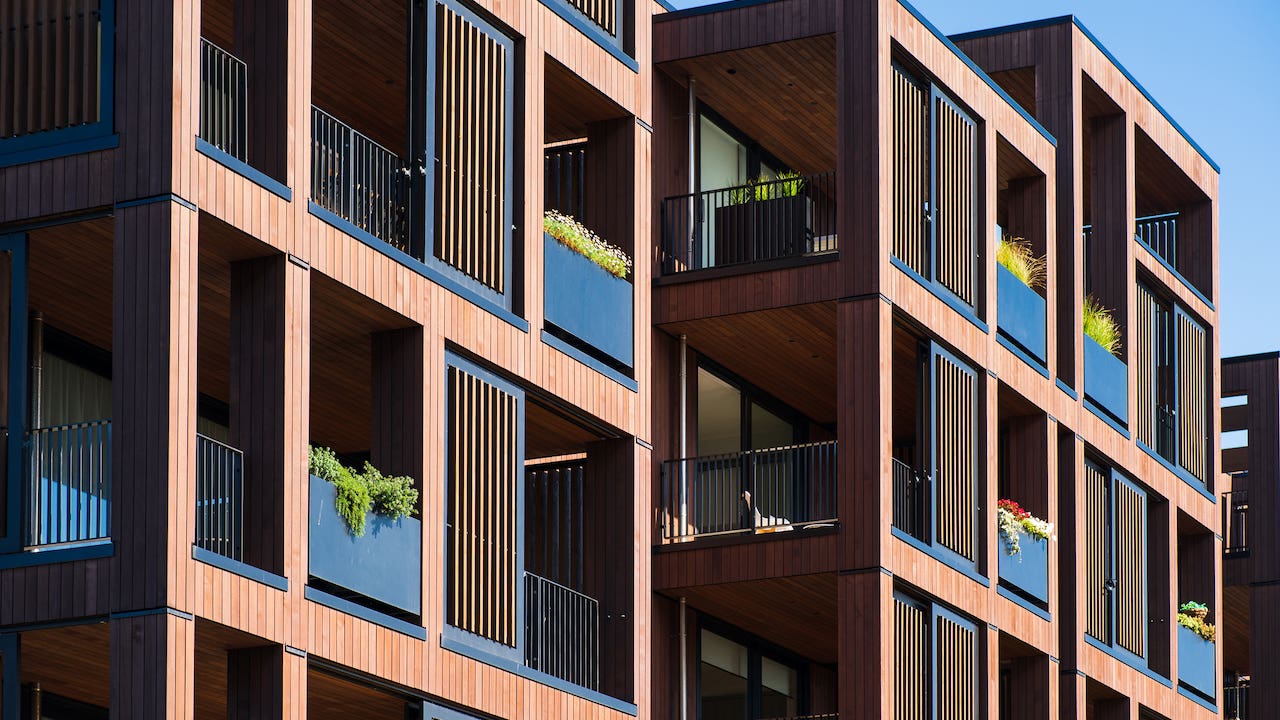What is gross rent?

Renting any home or apartment requires signing a lease. This document outlines many essential details about the landlord/tenant relationship, including the length of time the tenant may live there and the rules they must follow as a resident. But most important is the amount of rent the tenant must pay each month — this amount is the gross rent.
Gross rent: definition
Gross rent is the amount of rent stipulated in a rental lease. When you sign a lease, you agree to pay a certain amount each month, and the combined amount of all monthly rental payments is your annual gross rent. For instance, if your monthly rent is $2,000 and you have a one-year lease, your annual gross rent would be $24,000. Gross rent may sometimes include utilities (check your lease to be sure), but it typically does not take into account other costs, such as broker’s fees.
Gross rent vs. net-effective rent
Things get slightly more complicated if a landlord offers a special deal or discount to attract new tenants, such as one month’s rent for free. When you deduct the value of the discount, you get what’s known as net-effective rent.
Monthly net-effective rent will appear lower than gross rent because it spreads out the total rent amount over the full length of the lease — even though no rent is charged for that one special month. However, this “free” month often isn’t free at all. In reality, that missed payment is usually split up into 11 equal parts and added to the remaining 11 rent payments for the year. At the end of the lease, you end up paying the same amount that you would have if the full year’s gross rent was split into 12 equal parts.
Gross rent: example
Understanding gross rent can be confusing if a landlord is advertising the number that’s actually the net-effective rent. Here’s an example:
Emily is looking for an apartment using an online listing service. She finds one she likes with an advertised rent of $916.67 per month, and the landlord is offering the last month free. When she goes to see the apartment in person, the landlord tells her that $916.67 is the net-effective rent, spread out across all 12 months of the lease. The gross rent is $1,000, spread out over 11 months, with one month “free.” So over the course of the one-year lease, Emily will write her landlord 11 checks for $1,000, rather than 12 checks for $916.67 — either way, the gross annual rent on the apartment is $11,000.
Bottom line
Gross rent is the total amount of money it costs to rent a home or apartment, as outlined in the lease. Landlords may offer what seems like a deal by advertising one month free, but it’s likely that the apartment’s gross annual rent remains the same — the tenant will pay the same total amount over the course of the year, whether it’s in 12 smaller monthly payments or 11 larger ones, with a one-month reprieve in which no rent is due.






